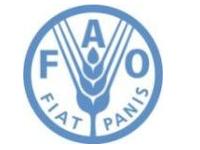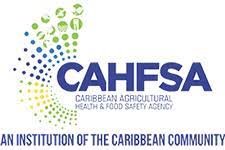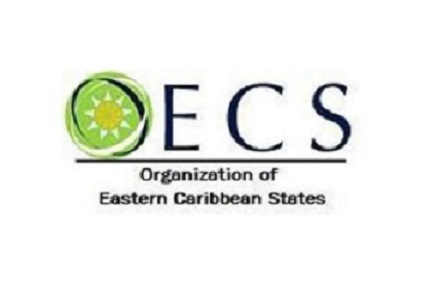Each year over US $220 billion of the global economy is lost to plant diseases. In the Caribbean, plant health is under pressure from the introduction of re-emerging and new plant pests and diseases because of increasing the impact of climate change, development, trade, and people. Climate change is one of the causes of the dispersal of plant pests and diseases, which weaken our varying ecosystems. It increases the vulnerability of plants to pests and diseases and impacts plant physiology and structure. Protecting plant health against climate change by implementing phytosanitary measures can help countries preserve biodiversity and prevent the introduction of harmful plant pests.
The impact of climate has changed the conditions of ecosystems for non-native species, making ecosystems favorable for those species. Increased plant pest and disease risks affect the livelihoods of those who depend on agriculture. This also affects food security and contributes to socioeconomic crises. Between 20% and 40% of all global crop yields are reduced due to damage caused by plant diseases and pests. The main global crops are rice, wheat, and maize, which suffer heavy yield loss and are projected to increase further from 10% to 25% due to surface warming caused by climate change. Mitigating the impact of climate change on plant health through integrated pest management (IPM) would help to improve plant resilience and preserve biodiversity.
Integrated Pest Management (IPM) is an approach to managing plant diseases and pests. IPM creates a balance towards maintaining pest numbers below levels that may cause economic damage while minimizing risks to health and the environment. IPM measures such as producing clean planting material (seeds, vegetative planting material), pheromone trapping (e.g. American palm weevil in coconuts), biological control (screening of natural enemies that can be used without affecting the environment) and new bio-rational pesticides can reduce risks against plant health.
Plants make up 98% of the oxygen we breathe and 80% of the food we eat. Climate change affects all the aspects of food security: food accessibility, food availability, food utilization, and food systems stability. Rising temperatures, droughts, and extreme weather events affect the distribution patterns of diseases and pests. Additionally, accelerated permafrost is a result of climate change. The thawing of the permafrost into aquatic ecosystems has caused a release of heavy metals. The release of heavy metals into aquatic ecosystems has begun to compromise marine life, crops like rice, and freshwater supplies.
Countries across the globe are working together to find solutions to climate change while protecting plant health. Plant health is a high priority for sectors like Agriculture, especially in the Caribbean. Many countries have implemented new phytosanitary measures like integrated pest management to protect their crops against plant pests and diseases.
Read more from our sources below!
Source:
FAO – Plant health and climate change
CARDI – CARDI recognizes the 1st International Day of Plant Health
World Trade Organization – STDF partners explore the impact of climate change on the global food system
United Nations – UN focus on plant health, crucial for boosting food security worldwide













